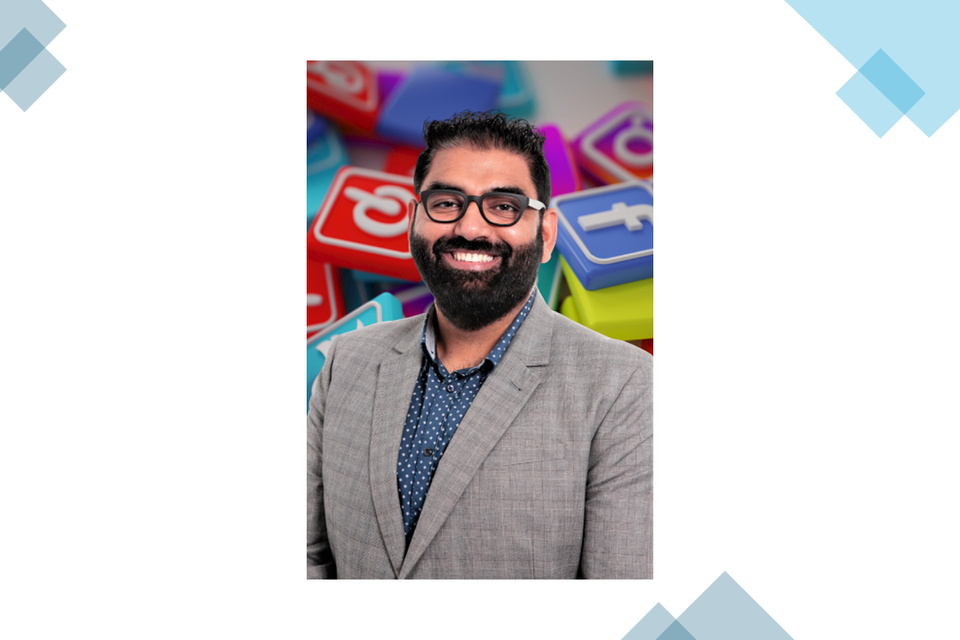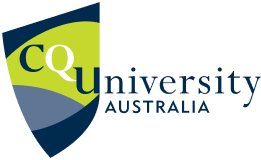Expert warns about the pitfalls of electioneering on social media
Social media is playing a vital role in political campaigning in Australia' and around the world' in 2020' but according to a CQUniversity information systems socio-technological expert it is not without its developing problems.
Dr Ritesh Chugh says while electioneering today relies heavily on social media to distribute political messages' the Australian public also use the medium to source information from the political fraternity and from impartial sources.
"The use of social media in everyday lives influences citizens' knowledge of the electoral process and importantly creates an awareness of the contesting candidates'" Dr Chugh said.
"It is indubitably a vital tool in the entire electoral process' but it should not become a digital weapon.
"Social media has its inherent drawbacks. It can become a vehicle for spreading disinformation (intentional false information)' misinformation (unintentional false information) and malinformation (accurate information but used for nefarious reasons); bullying and harassment; trolling and spreading hateful information'" Dr Chugh warns.
In his published submission to the Victorian Parliament Electoral Matters Committee's inquiry into "the impact of social media on elections and electoral administration" he recommends that social media companies need to do more to protect the public.
"Social media companies' aka the service providers' need to do more to tackle these problems not just from an electoral perspective' but also from a realism' safety and wellbeing perspective.
"Some of the measures that service providers need to take actively are flagging false information' removing false information' eliminating inauthentic accounts' monitoring bot-based suspicious behaviour' scanning draft posts and punishing offenders by reducing their ability to post."
While he said the onus of these measures can be placed on service providers' the burden of reducing mis/disinformation should be shared by the relevant government departments who can take responsibility for monitoring and reporting.

"Regulation of the content of social media advertisements should be aligned with the norms of other political advertising."
- Dr Ritesh Chugh
More importantly' he believes it is crucial that social media users become adept at identifying false information.
With state election and local election campaigning in full swing in Queensland and Victoria respectively' Dr Chugh believes its timely to review social media rules and regulations in regard to political advertising.
"Regulation of the content of social media advertisements should be aligned with the norms of other political advertising.
"Social media electoral advertising should be tightly regulated to ensure impartiality."
Dr Chugh said while Facebook had taken a lead on requiring authorization for political advertisements and a declaration of the payer' other social media platforms should follow suit.
"Authorisation statements for all election-related social media posts should be regularly monitored' and penalties applied for non-conformance. Additionally' the three-day electoral advertising blackout that applies to traditional media should also be applied to social media."
Dr Chugh believes that state parliaments should play a key role in protecting electoral integrity' particularly so that social media is not used to manipulate public opinion but to enhance democracy.


